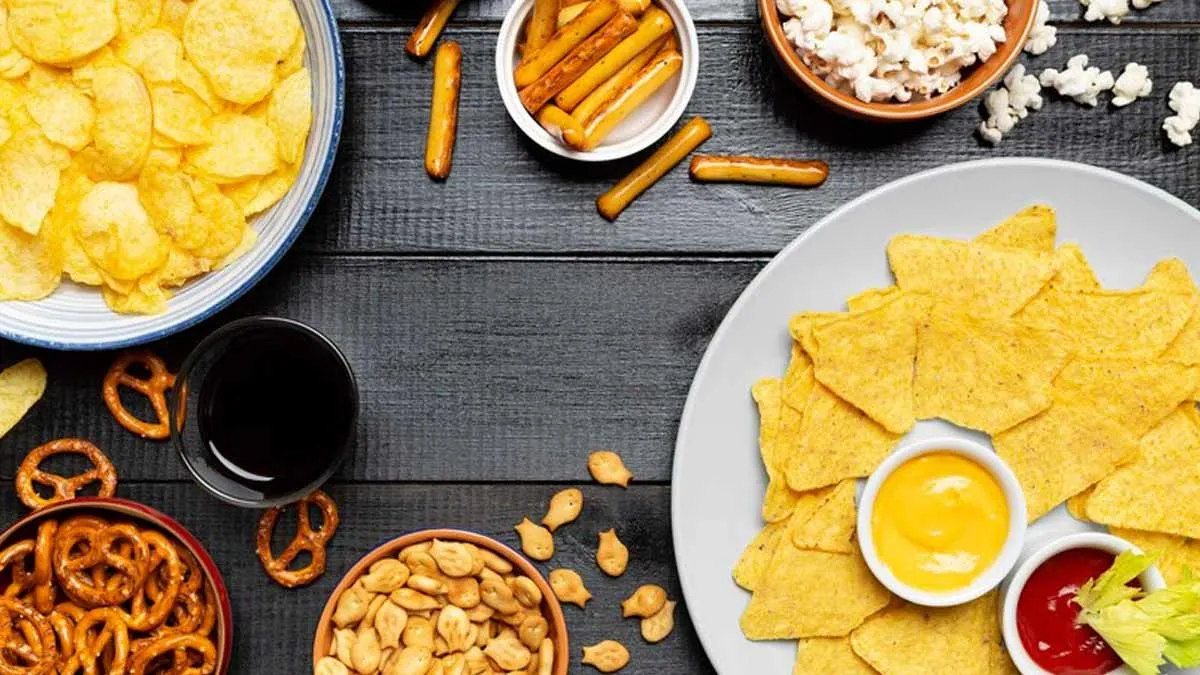
In recent years, edible oils have often been blamed for various health issues, with many people switching to so-called healthier alternatives such as low-fat or zero-oil diets. However, the reality is far more complex. While the type and amount of oil consumed matter, other ingredients found in ultra-processed foods (UPFs) can be far more detrimental to health.
Table of Content:-
"As consumers, we are now more aware of our health and wellbeing, and the food industry has responded well to the increased demand for healthy foods," says Neelanjana Singh, a renowned dietician, nutrition consultant and author. "This is why at the supermarket, while one can find all popular (read unhealthy) foods, their so-called healthy versions are also available. Whether it’s namkeens or chips, desserts or salad dressings, these are all available to us as healthy alternatives."
The problem arises when consumers assume that these diet-friendly versions are inherently nutritious, allowing for guilt-free indulgence. This assumption, however, is flawed. While some aspects of these foods may be modified to seem healthier, they often contain other harmful ingredients.
The Misconception Around Low-Fat Foods
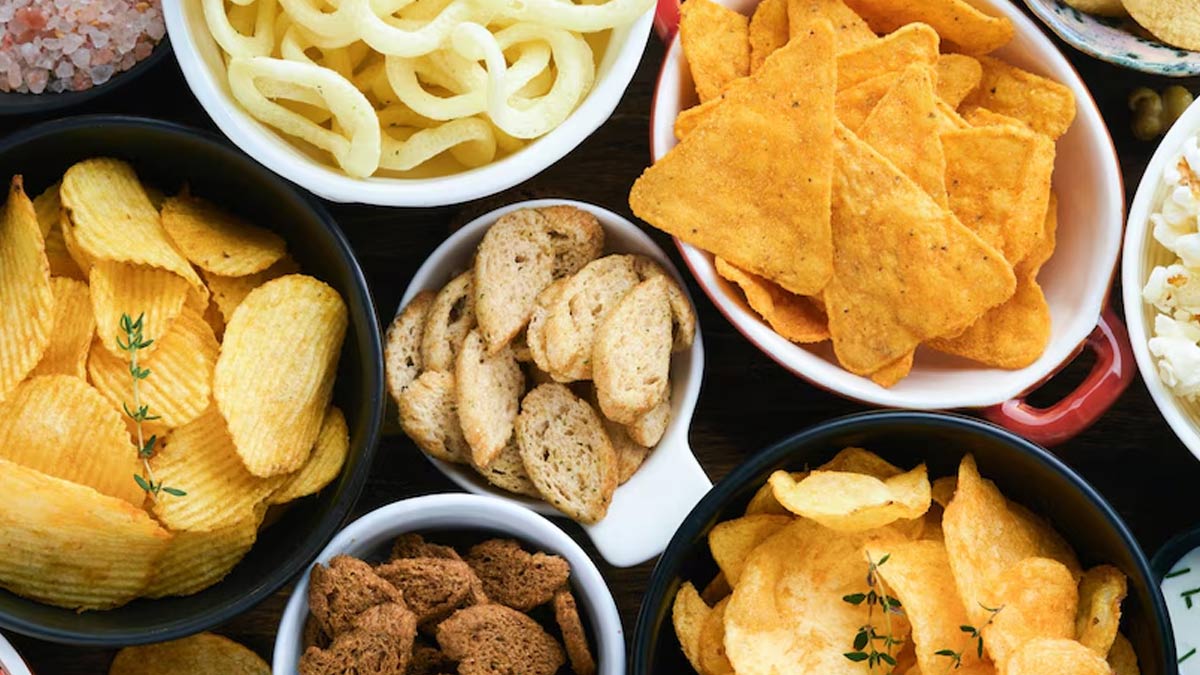
"Quite often, the thought of unhealthy foods brings to mind images of fried and high-fat foods," explains Singh. "This is why low-fat snacks have become so popular in the market. A detailed look at low-fat packaged food will reveal how other not-so-healthy ingredients such as sugar and salt are in abundance in such foods. The truth is, there is so much more to food besides the fat content or quality that needs scrutinising, including ingredients like additives."
To compensate for the flavour and texture lost when reducing fat, many low-fat foods contain excess sugar and salt, both of which are linked to serious health concerns such as obesity, diabetes, and high blood pressure. Simply focusing on fat or oils, without considering the overall nutritional composition of the food, leads to misguided dietary choices.
Also read: Can Ultra Processed Foods Cause Chronic Insomnia? Expert Shares Ways To Overcome
The Truth About Edible Oils

One of the biggest mistakes in modern nutrition discussions is demonising certain types of oils without understanding their complete profile. Take palm oil, for example.
"Villainising one particular ingredient is not a great idea," says Singh. "Take the case of palm oil; massively underappreciated despite its versatility and reviled in recent times due to its saturated fat content. But did you know that it actually has a balanced fatty acid profile? It contains 40% heart-healthy monounsaturated fatty acids, which is similar to traditional Indian oils like sesame oil, mustard oil, and groundnut oil, and only slightly fewer than in olive oil."
Palm oil also contains essential nutrients such as vitamins E, K, A, and beta-carotene and has a balanced omega-6 to omega-3 ratio, unlike vegetable oils like soybean or corn oil, which can promote inflammation when consumed in excess. Additionally, it is a highly stable oil, which prolongs food storability.
Rather than focusing solely on oils, it is important to examine how our food is processed and prepared. This brings us to the biggest hidden danger, ultra-processed foods (UPFs).
Ultra-Processed Foods: The Real Culprit
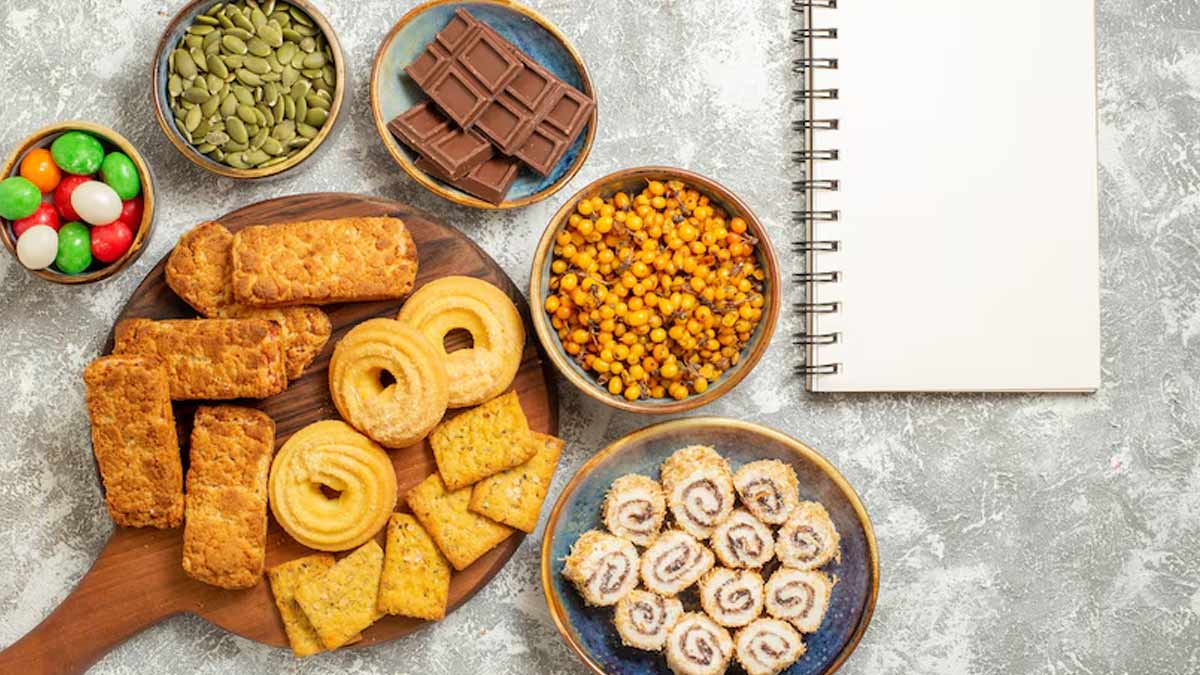
"While making an assessment, not only are the ingredients important but also the method of processing and the degree to which the food has been processed," says Singh. "To take the example of a much-touted health snack, soya chips. Let’s first consider that just because the product is made from soya flour does not necessarily make it healthy. Usually, to prepare such products, the soy flour is refined, stripped of all its fibre, and several additives added to enhance taste and shelf life."
This example highlights a common problem with UPFs: they are marketed as healthy but contain a long list of artificial ingredients, including preservatives, flavour enhancers, and stabilisers.
Also read: The Health Impacts of Ultra-Processed Foods on Mental Health: What You Need to Know
How to Identify an Ultra-Processed Food (UPF)

Here are four simple ways to identify UPFs:
- A long list of ingredients on the label.
- Many ingredients that are unrecognisable or difficult to pronounce.
- High levels of fat, sugar, and/or salt.
- Extended shelf life due to the presence of added chemicals.
"All in all, UPFs are characterised by high fat, presence of trans fats, high salt, refined grains and sugar, topped with preservatives," explains Singh. "Clearly, it's not just fats but the collective role of all the above ingredients mentioned that pose a problem for our health."
Regular consumption of UPFs has been linked to serious health conditions such as diabetes, cardiovascular diseases, hypertension, and obesity. Given their addictive nature, many people struggle to limit their intake once they start eating them.
How to Reduce UPF Consumption
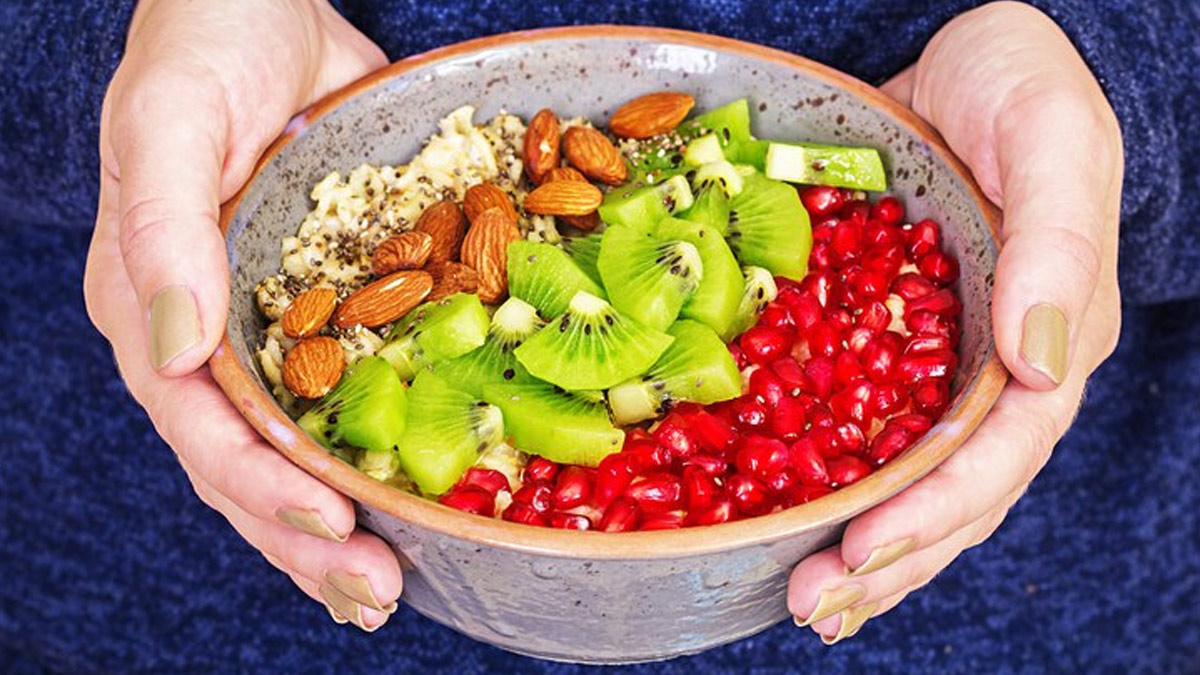
Here are some practical strategies to cut down on UPFs:
- Read labels carefully before purchasing processed foods.
- Avoid stocking too many UPFs at home, if it’s not easily available, you’re less likely to eat it.
- Portion control, instead of eating directly from the packet, serve a reasonable portion on a plate.
- Follow a balanced diet that includes whole grains, fruits, vegetables, healthy fats, and protein sources.
- Cook at home more often, using fresh ingredients.
"In the midst of the abundance of UPF products seen in our environment, it is an opportune time to remind you about the virtues of a balanced diet," says Singh. "A balanced and diverse diet consumed most of the time will also ward off the craving that one experiences for junk and unhealthy foods."
Balanced Diet: The Timeless Health Solution
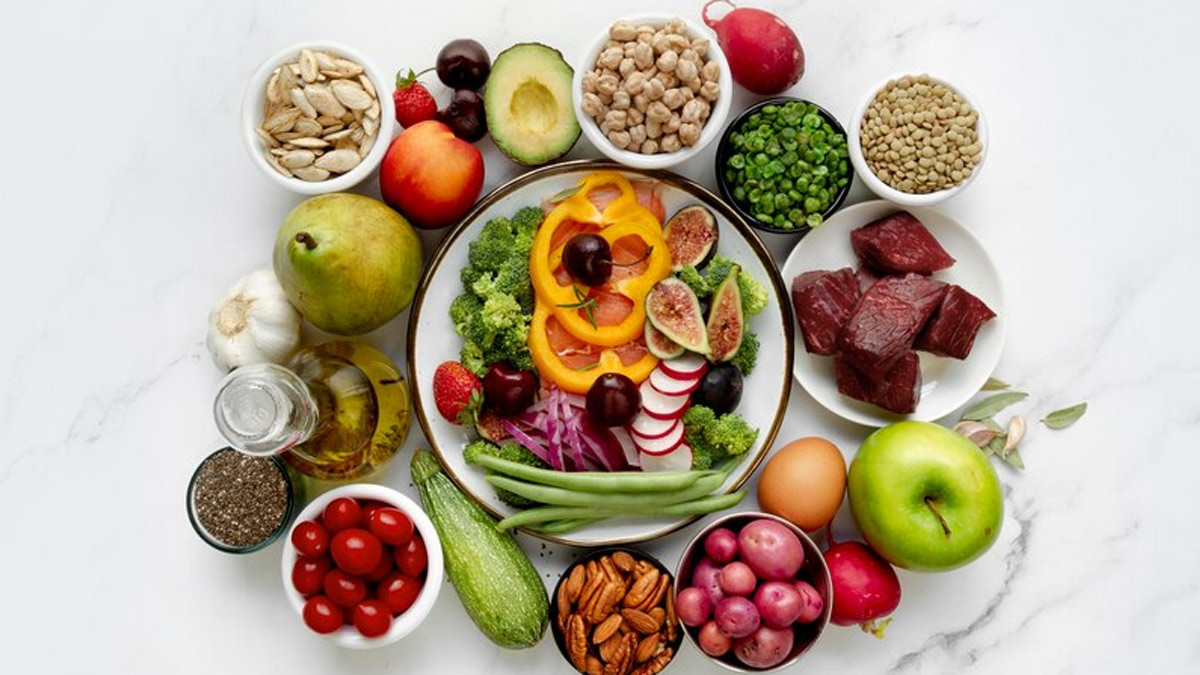
A balanced diet remains the most effective approach to good health. Unlike restrictive diets that come and go, it ensures that all food groups are consumed in moderation and in the right proportions.
One can refer to the Dietary Guidelines for Indians-2024 from the Indian Council of Medical Research (ICMR) and National Institute of Nutrition (NIN) for more details. These guidelines highlight the importance of varied and nutrient-rich diets, including recommendations on dietary fats.
"In fact, it states, ‘Dietary fats also contain minor components such as tocopherols, tocotrienols, sterols, etc. Tocotrienols in palm oil, for instance, reduce blood cholesterol.’ In contrast, other commonly used dietary vegetable oils, including corn, olive, peanut, sesame, soybean, and sunflower, contain the less potent tocopherols exclusively," adds Singh. While fad diets and food trends may come and go, the principles of a balanced diet remain unchanged.
"Although it may seem like a boring concept to many, the principles of a balanced diet still stand tall," says Singh. "Innumerable fad diets which have enjoyed popularity have come and gone but the classic Balanced Diet, which includes all food groups in the right amounts, is here to stay."
Conclusion
The key message here is not to blame edible oils alone for health issues but to look at the bigger picture, especially the harmful effects of ultra-processed foods. "As a parting note, choose foods that are minimally processed and make UPF an occasional indulgence, if you must!" advises Singh. By making informed food choices, focusing on natural and whole foods, and avoiding heavily processed products, we can take meaningful steps toward better health and well-being.
Also watch this video
How we keep this article up to date:
We work with experts and keep a close eye on the latest in health and wellness. Whenever there is a new research or helpful information, we update our articles with accurate and useful advice.
Current Version